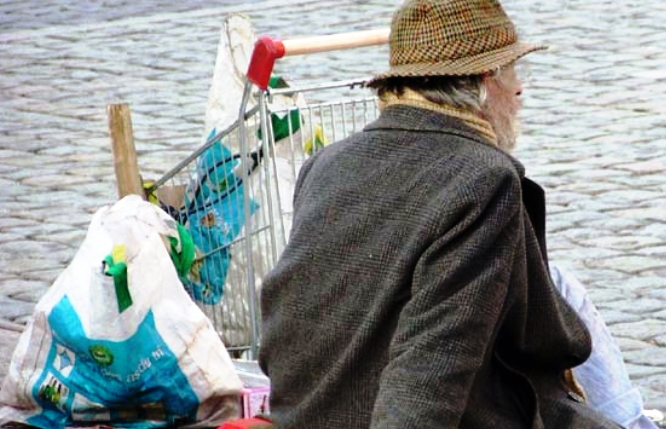EDITORIAL
October is the month dedicated to universal mission. In the background the message of the Pope. The “ad gentes” commitment and the question of vocations

The theme of World Mission Day 2015 this year is a touchstone of Pope Francis’ Magisterium: “On the side of the poor”. The purpose is to attract our communities’ attention on the centrality of the commitment “ad gentes” to reach out to the poor, i.e. those living in the geographic and existential peripheries of our times. Pope Bergoglio is a Latin-American bishop whose wealth of experience includes the patrimony of a Church that has chosen the poor in some of its significant components, – for the poor and with the poor. The stakes are high because each time that the Church addresses issues involving the social realm, the Pope’s and the bishops’ Magisterium are met with controversies. Many conformists believe that the faith in Jesus Christ is totally unrelated to major injustice and abuse of power causing increasing suffering among those living in the slums of History. The reference is to al those men and women who find it hard to live their lives, to express themselves in a world blemished, as Pope Francis says, “by the globalization of indifference”. From this point of view, the World Day of Missions is a privileged occasion to make clarity. In 2016 the richness of 1% of the world population will exceed that of the remaining 99%. It is stated in the recent report on major inequalities published by Oxfam. The document by the renowned humanitarian organization points out that “this form of inequality is constantly increasing, making it necessary to take direct measures to reverse the trend”. It’s an alarming situation involving advanced and developing countries alike, which leads to increasing power in the hands of few, thanks to the invention of debt economy and the violation of other rights like the right to a home, food and jobs. Indeed, the great majority of particular Churches in the South of the world are poor for various reasons, ranging from the lack of material means, to the fact of being a minority in Muslim, Hindu or Buddhist majority environments, in some cases persecuted and tormented by the human suffering of many of their brothers and sisters. One thing is sure: the mystery of Jesus’ preference for the poor and their centrality in the Kingdom’s dynamisms is an inspiration for all particular Churches to share the life of the poor, using funds for concrete solidarity, respectful of their dignity whilst avoiding economic dependence. It should be noted that almost all the money for evangelization collected in Italy is offered by the faithful from the middle-lower classes in our parishes, with an evangelical spirit that is often centered on sacrifice, concealment, with constant support of the poor. To this regard, in his traditional Letter for the Day Pope Francis reminds us: “In the full range of the Church’s missionary activity, all the faithful are called to live their baptismal commitment to the fullest, in accordance with the personal situation of each”. Thus the personal economic contribution of every faithful during the World Day, traditionally in favour of the Pontifical Missionary Works, is the sign of an oblation, first of all to the Lord and then to our brothers and sisters, so that material offering may become the instrument for the evangelization of a humanity that reposes on mutual sharing. With reference to the theme of vocations, Pope Francis addressed his message “to young people in particular, who are capable of courageous witness and generous deeds, even when these are countercultural: Do not allow others to rob you of the ideal of a true mission, of following Jesus through the total gift of yourself”. The number of missionaries is decreasing, testifying to the fact that vocational crisis is a challenge that must be met by our ecclesial communities.